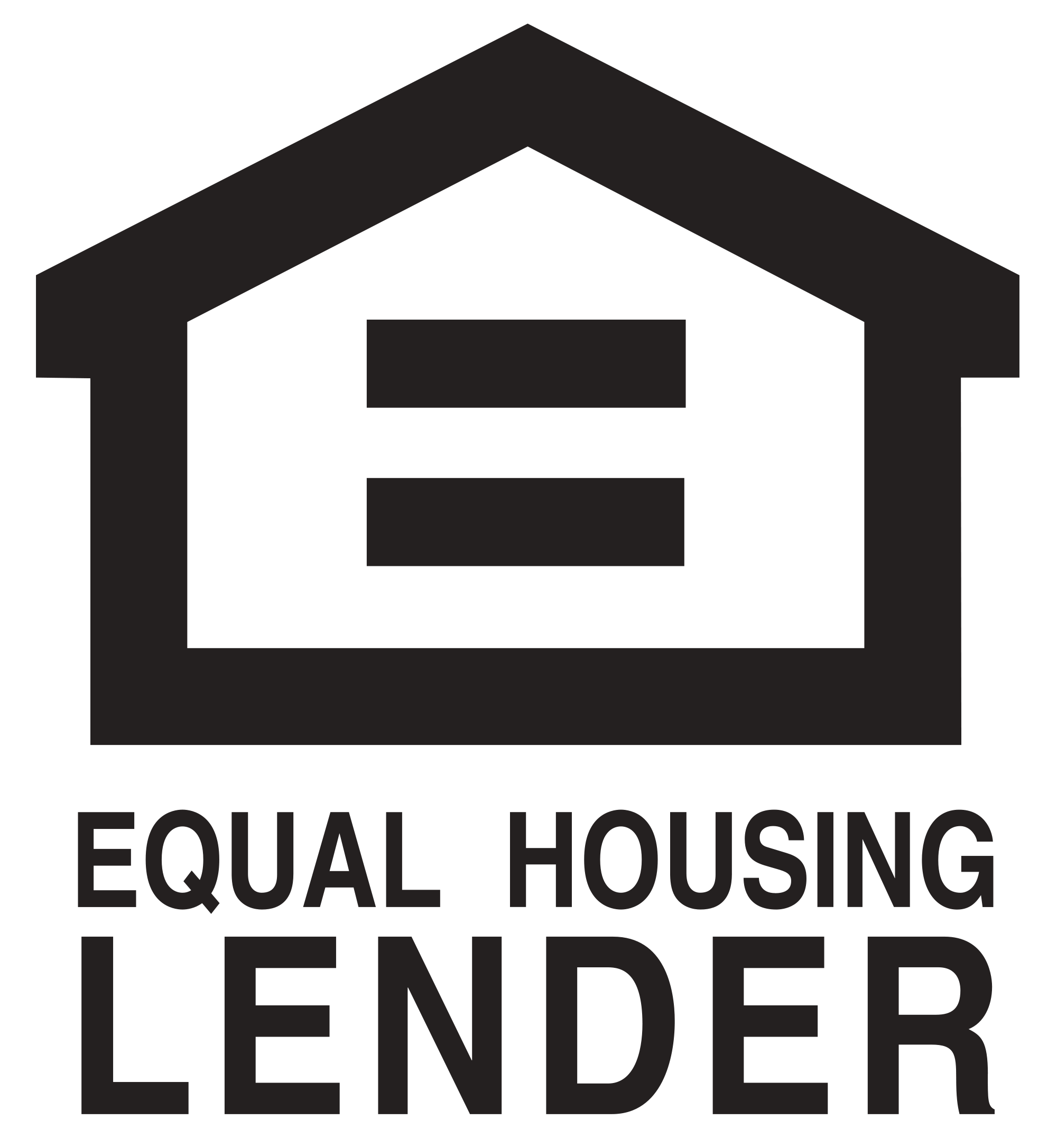Reverse Mortgage Purchase Money
HECM for Purchase is defined as a real estate purchase in which title to the property is transferred to the HECM applicant, the applicant will occupy the home as a principal residence, and the HECM lien(s) will be the only liens against the property at the time of closing. HECM applicants must occupy the property within 60 days from the date of closing.
Eligible Property Types
Only 1- to 4-family dwelling units on which construction has been completed are eligible for the HECM for Purchase program. Loan proceeds may be used to satisfy outstanding payment obligations associated with a land contract, contract for deed, or other similar purchasing arrangements that will ensure the property, which will be used as collateral for the HECM. The collateral must be on real estate held in fee simple. If property is held in leasehold then additional restrictions may apply.
Ineligible Property Types
The following property types are ineligible for FHA insurance under the HECM for Purchase program:
- Cooperative units
- Newly constructed principal residences where a Certificate of Occupancy or its equivalent has not been issued by the appropriate local authority
- Boarding houses
- Bed and breakfast establishments
- Existing manufactured homes built before June 15, 1976
- Existing manufactured homes built after June 15, 1976, that fail to conform to the Manufactured Home Construction Safety Standards, as evidenced by affixed certification labels (e.g., data plate and HUD certification label) and/or lack a permanent foundation as required in HUD’s Permanent Foundations for Manufactured Housing Guide
Property Flipping
Prospective applicants should be alert to efforts to coerce them into obtaining a reverse mortgage as part of a purchase contractual obligation (purchasing a distressed home in need of substantial repairs but being sold at or above market rate).
- Only current owners of record may sell properties that will be financed using an FHA HECM.
- Resale of a property may not occur within 90 days from the last sale date.
- Any resale that occurs between 91 and 180 days, wherein the new purchase price exceeds 100% of the previous sales price, will require additional documentation validating the property’s value.
Mortgage Insurance Premium (MIP)
Applicants who participate in an HECM for Purchase transaction are required to pay the standard initial upfront premium that is due on a traditional HECM.
Monetary Investment
At closing, applicants must provide a monetary investment which will be applied to satisfy the difference between the HECM principal limit and the sales price for the property, plus any HECM loan-related fees that are not financed or offset by other allowable sources.
Required Investment Examples
| Example #1 | |
|---|---|
| Appraised Value/MCA* | $300,000 |
| Sales Price | $300,000 |
| Principal Limit** | $199,500 |
| Minus Loan Fees | $15,500 |
| Available HECM proceeds | $184,000 |
| Required Investment | $116,000 |
| Example #2 | |
| Appraised Value/MCA* | $300,000 |
| Sales Price | $325,000 |
| Principal Limit** | $199,500 |
| Minus Loan Fees | $15,500 |
| Available HECM proceeds | $184,000 |
| Required Investment | $141,000 |
| Example #3 | |
| Appraised Value/MCA* | $300,000 |
| Sales Price | $280,000 |
| Principal Limit** | $199,500 |
| Minus Loan Fees | $15,500 |
| Available HECM proceeds | $184,000 |
| Required Investment | $96,000 |
* Appraised Value/MCA is defined as the maximum claim amount and is used to determine the principal limit, which is the lesser of the appraised value or the FHA national mortgage limit. The principal limit is the maximum amount available to the HECM mortgagor.
** Assumes the age of the youngest HECM mortgagor is 67 and a principal limit factor of .665 for a 5% expected average mortgage interest rate.
In each example above, loan fees are deducted from the principal limit of the HECM. However, it is not required that loan fees be deducted from HECM proceeds. The applicant may pay loan fees as part of the required monetary investment and use all HECM proceeds toward the purchase transaction.
Down Payment Sources
HECM mortgagors must use cash on hand or cash from the sale or liquidation of the mortgagor’s assets for the required monetary investment.
Verification of Down Payment Sources
A verification of deposit, along with the most recent bank statement, may be used to verify savings and checking accounts. If there is a large increase in an account, or the account was opened recently, the lender must obtain a credible explanation of the source of those funds.
Gap Financing
HECM applicants may not obtain a bridge loan (also known as “gap financing”). This restriction includes subordinate liens, personal loans, cash withdrawals from credit cards, seller financing, and any other lending commitment that cannot be satisfied at closing.
Gap Financing Example
A prospective HECM mortgagor completes the required reverse mortgage counseling and receives an estimate stating the required monetary investment could be $25,000. The prospective HECM mortgagor has $20,000 in liquid assets but is short the remaining $5,000. The prospective HECM mortgagor cannot take $5,000 from a credit card or obtain interim financing in order to deposit the money into a bank account in anticipation of being required to bring this amount to closing. However, the prospective HECM mortgagor may obtain the $5,000 from an allowable FHA funding source.
Enhanced Counseling
HUD-approved housing counseling agencies must counsel those who anticipate using the HECM for Purchase option.
Right of Rescission
The right of rescission allows you to rescind, or cancel, a loan within three days from the time that the closing documents are signed. The three-day right of rescission period is only applicable to Refinance transactions. The three-day right of rescission period is NOT applicable to HECM for Purchase transactions.

